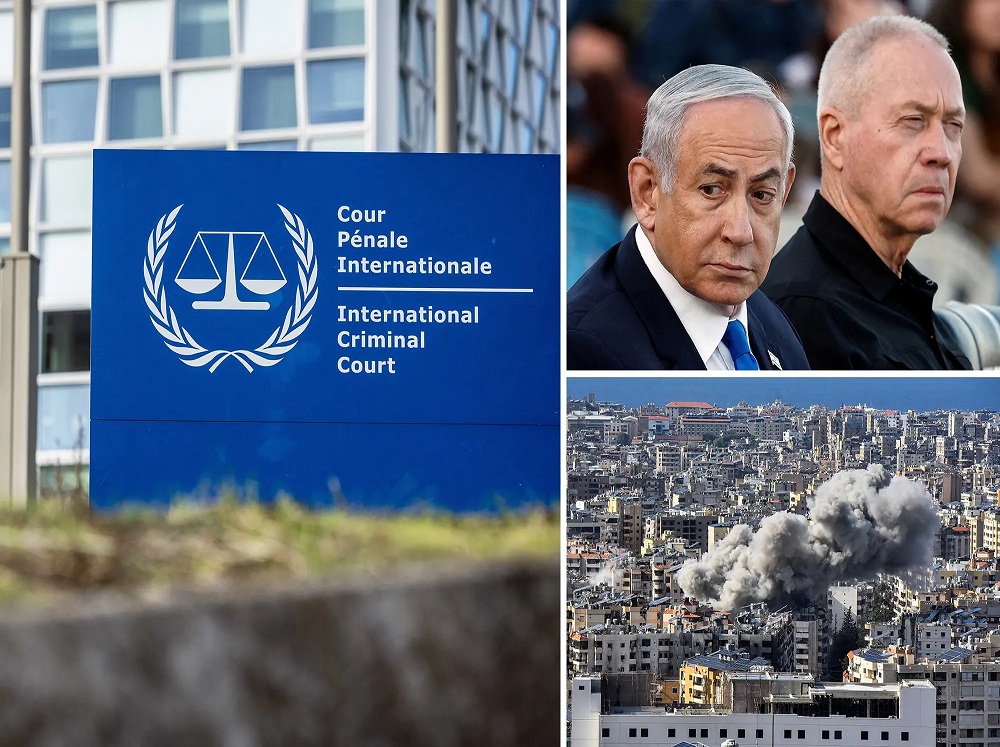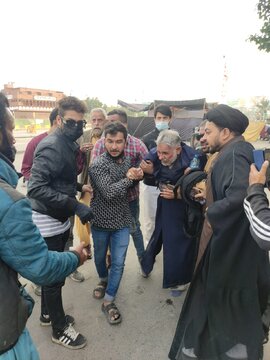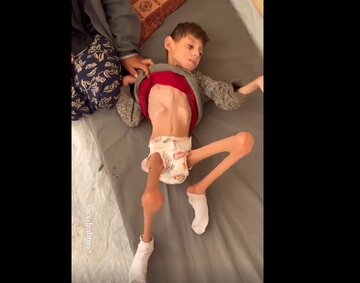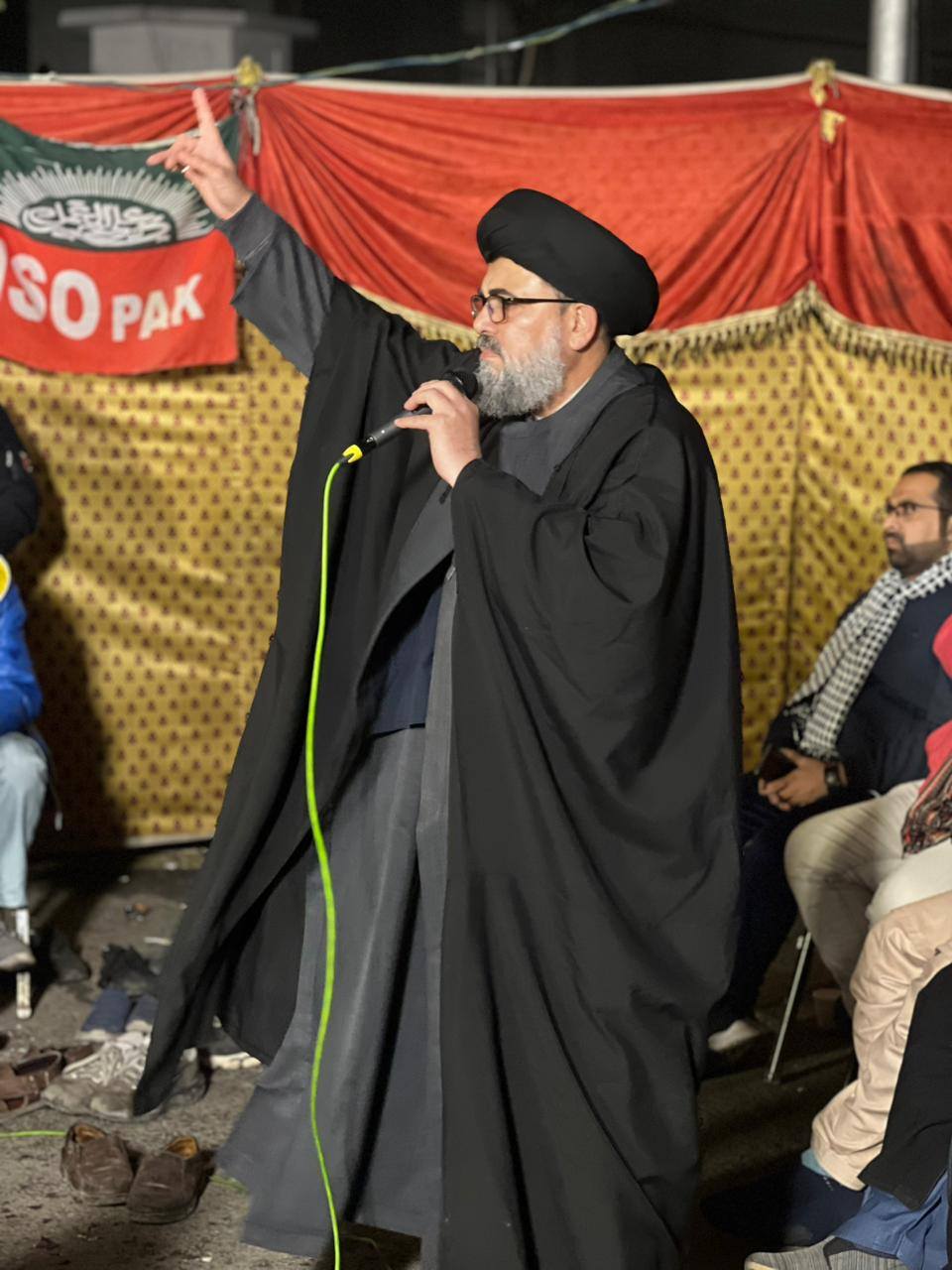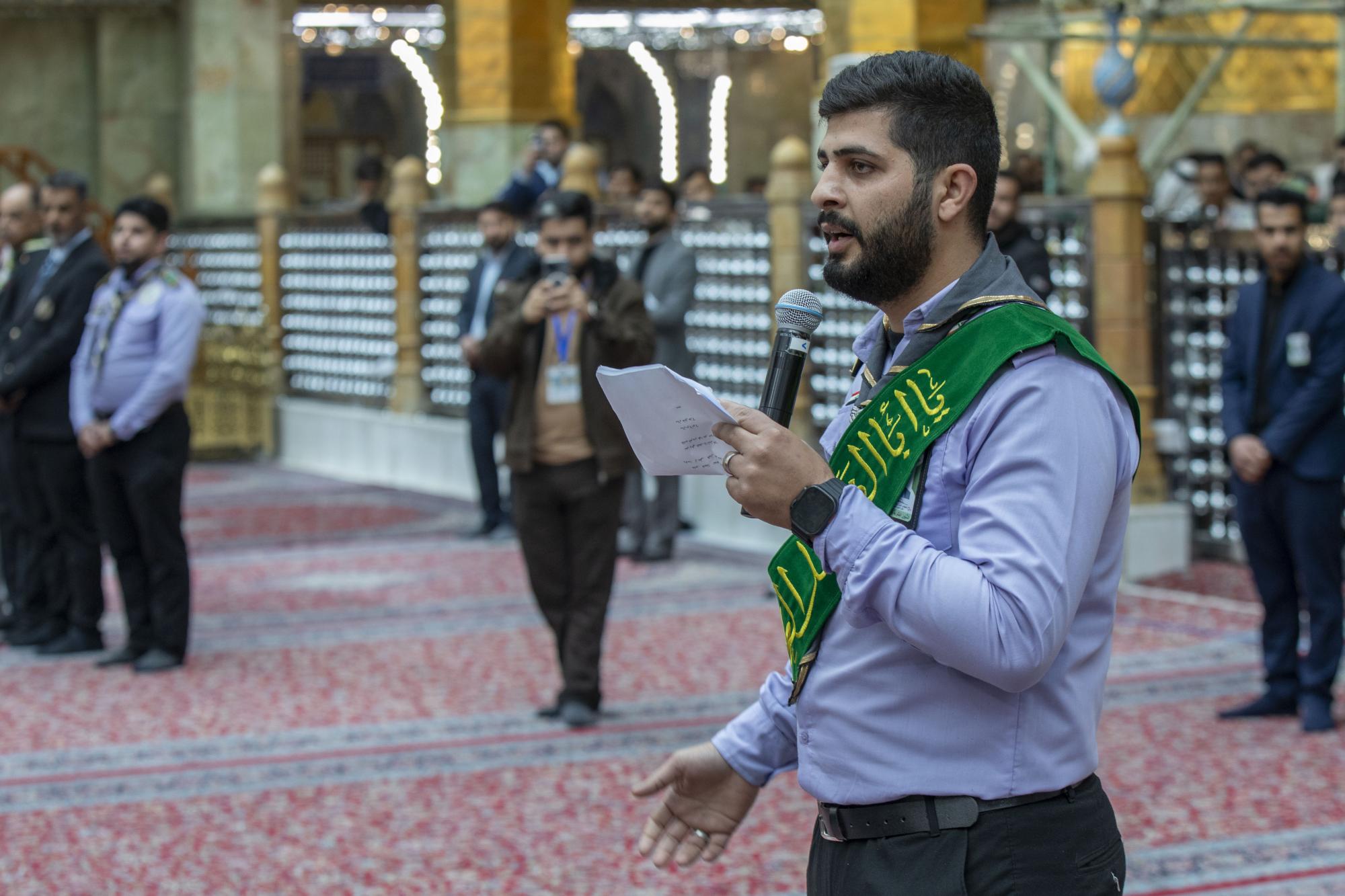The ICC published a statement in its official website, saying that Netanyahu and Gallant have violated rules of armed conflict with intentionally denying food, water, medicine, fuel, and power and constant blocking of humanitarian aid to Gaza. The verdict also accuses the two figures of deliberately leading attacks on civilians in Gaza in at least two cases.
The ruling, amidst the anger of the Israeli and American officials, was met with widespread international support, with even a large number of European countries declaring their commitment to implementing the court's rulings. Italy, Ireland, Belgium, the Netherlands and France have announced that they respect the court's decision and will likely arrest Netanyahu if he visited them. Hungary, meanwhile, is one of the few countries that has explicitly opposed the ICC's ruling. Viktor Orbán, the prime minister of Hungary's right-wing government, announced that he would not only defy the court, but also invite the criminal PM to visit Budapest.
However, a question presents itself: What effect will the issuance of this ruling have on the public demand around the world to stop the war and massacre against civilians in Gaza and Lebanon and to bring justice to the criminal leaders of the Israeli regime and their main supporters, especially the White House officials? What consequences could await some governments that defy the ruling?
Political and legal consequences
In first place, it should be taken into account that although the recent ICC ruling is separate from the case South Africa filed with the International Court of Justice (ICJ) against Israel on December 29 last year and led to a condemnation of Tel Aviv,opening this case and then support by many countries to this legal campaign was very influential in launching of a parallel legal proceeding in the ICC.
At present, 124 countries have signed membership of the ICC and according to law of this body, they should arrest Netanyahu as a war criminal if he visits any of them.
The Israeli regime, which has a dark record of massacres, murders and crimes against Palestinians over the past 7 decades, is not a signatory to the ICC and does not recognize the jurisdiction of this court in its territory. Accordingly, the leaders of this regime have announced that this body has no jurisdiction to issue a verdict against the Israeliss, but the ICC rejected this objection as did the ICJ because the Palestinian government has been an official member of this institution since 2015, and therefore crimes committed by anyone in the occupied Palestinian territories, such as Gaza, are in fact within the jurisdiction of the court.
The US, as the main ally and supporter of the Israeli regime in its constant crimes against the oppressed Palestinian people, is not a signatory to the statute of this court, and in the past it even sanctioned ICC authorities who had begun efforts to investigate war crimes committed by the CIA and US military in Afghanistan. This means that it is unlikely that the US government will exert any pressure on the leaders of the Israeli regime and support the ruling of this court. On the contrary, in the past two days, some American senators and officials have threatened the judges of the court and the countries that have declared their support for the ruling.
The court has no police force of its own and relies on signatory states to comply with the ruling to arrest those convicted of crimes against humanity. Countries do not typically arrest anyone outside their own borders on behalf of the ICC, meaning the most likely route for Netanyahu and Gallant to be arrested is by the country they visit.
But if a country does not fulfill its obligations under the court's ruling, the only remaining option is to turn to the Security Council, which, according to the UN Charter, can vote on a resolution. In this case, indeed, the US, as in the past it blocked any resolutions against Israel, it will do the same now.
However, Netanyahu's freedom of action and diplomatic travel will certainly be much more limited than before, and he must conduct extensive consultations before making any trip to learn the host government's position on the ICC's ruling.
On the other hand, the rest of the regime's political and military leaders, such as Finance Minister Bezalel Smotrich, National Security Minister Itamar Ben-Gvir, and ex-PM Benny Gantz, will also feel the shadow of the threat of issuing a similar ruling, and this will intensify international pressure on Israeli warlike plans and their actions in continuing the war, especially in southern Lebanon and northern Gaza - which is now under complete siege.
Also, it is believed that the Western and even Asian allies of Israel that are members of the ICC will face home pressure to sever diplomatic contacts with Netanyahu. It is likely that not only Netanyahu will be limited in his foreign trips, but also leaders of other countries will limit their visits to the occupied territories and meeting and shaking hands and taking photos with a war criminal.
The ruling against Netanyahu and Gallant could also affect the flow of weapons from European countries to Israel, given laws restricting the transfer of weapons to perpetrators of war crimes and crimes against humanity.
A Dutch court had earlier ruled that the government was banned from sending spare parts to Israel fighter jets. There have also been cases of arms deals being cancelled or expired in Britain as a result of the ICC ruling.
Who does ICC issue arrest warrant to?
The ICC was formally established in 2002 under the Rome Statute (1998), a treaty establishing a court with broad jurisdiction to investigate, try, and punish perpetrators of genocide, crimes against humanity, and war crimes worldwide.
The ICC is governed by three judges – a president and two vice-presidents – who are elected from among the 18 judges present in the court for a renewable three-year term.
To date, 32 cases have been brought before the court, with judges issuing 11 convictions and 4 acquittals.
ICC judges have issued arrest warrants to 59 people, of whom 21 have appeared in court and are in custody at the ICC. 30 remain at large, and 7 of the defendants have died.
However, even if the ICC’s verdicts on Netanyahu and
Gallant are never enforced, their names will forever be recorded on list
of war criminals and genocide perpetrators in history.
/129

